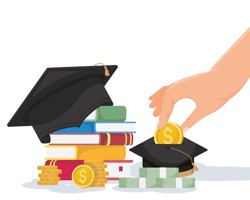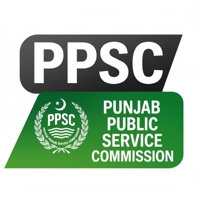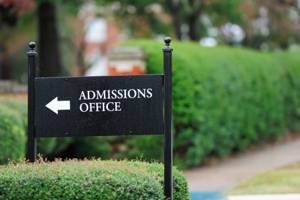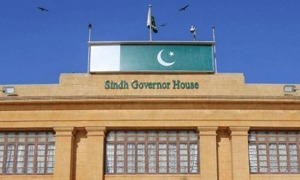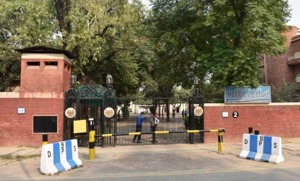
Written By : Zainab Fatima
They Struggled For Freedom Of Our Nation,
They Died With Wisdom And Passion,
To Let This Country In A Succession,
These Were The Patriotic Men Of This Nation.
As We Celebrate This Day, Remember Them In Prayers
Wishing You A Happy Independence!
Independence is Pakistan's national day and is celebrated annually on 14th August.
On this day in 1947, Pakistan became the world's first Islamic republic when it gained independence from British rule. The word “Pakistan “is made by combining two words “pak “and “stan “. Pak means pious and Stan means homeland. Therefore, the meaning of Pakistan is homeland of pious people. Names of people like Muhammad Ali Jinnah, Allama Iqbal and Sir Syed Ahmad Khan are always written in golden words in the history of Pakistan. Muhammad Ali Jinnah also known as Quaid-e-Azam is the real founder of Pakistan. Allama Iqbal, who excited to see Muslims to earn their own nationality and name in the world, Sir Syed Ahmad Khan, who brought Muslim nation forward and made schools and colleges for Muslims so that they may come to know how to fulfill the latest demands of the advance age.
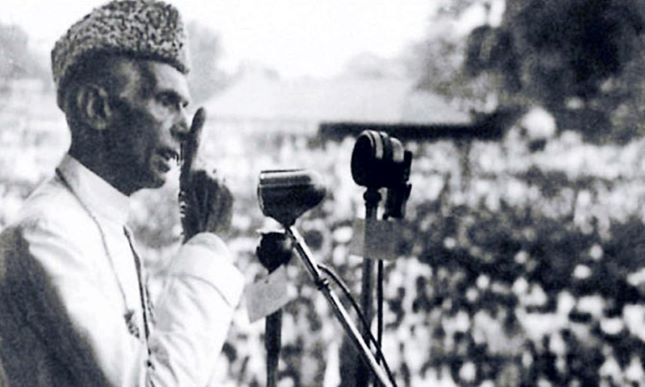
History of Pakistani Independence
Pakistan came into being after the sacrifices of countless lives. Many mothers lost their sons, many wives lost their husbands and many children lost their fathers and then Pakistan came into being. People gave sacrifices of their lives so that next generations may not face any difficulty and may live a safe life. The Muslim league held its annual session at Minto Park in Lahore, Punjab, which lasted from 22 to 24 March 1940. During this event, the Muslim league led by Muhammad Ali Jinnah and other Founding Fathers narrated the events regarding the differences between Hindus and Muslims, and introduced the historical resolution that cemented the formation of a nation-state in South Asia as Pakistan, even though it did not actually mention Pakistan at all. The resolution was moved by Abul Kashem Fazlul Huq (Abul Kashem Fozlul Hôk) (26 October 1873 – 27 April 1962), often called Sher-e-Bangla, passed on 24 March and had its signatures from the Founding Fathers of Pakistan. It reads as: [Quoting Resolution:] No constitutional plan would be workable or acceptable to the Muslims unless geographical contiguous units are demarcated into regions which should be so constituted with such territorial readjustments as may be necessary. That the areas in which the Muslims are numerically in majority as in the North-Western and Eastern zones of India should be grouped to constitute independent states in which the constituent units shall be autonomous and sovereign. The British plan to partition Indian subcontinent into two dominion- India and Pakistan was announced on 3 June 1947. Works and efforts by Basic Principles Committee drafted the basic outlines of the constitution in 1949. After many negotiations and years, the first set of the Constitution of Pakistan was ratified in the country on 23 March 1956. This marked the successful transition from Dominion to the Islamic Republic. The Governor-General was replaced with the President of Pakistan as Head of State of Ceremonial.
How is Pakistani Independence Celebrated?
This is a time to promote patriotism and national unity and is held in the same way as Pakistan Day. People all over Pakistan celebrate Independence Day and patriotic zest. Many schools and colleges students participate in essay writings and prepare speeches for the 14 August event. Many people who come to Independence Day are dressed in green and white, which are the colors of the Pakistani flag. People visit national monuments and the most important national sites to celebrate Independence Day. It is also a time to meet relatives, exchange gifts, and visit places of entertainment.
Pakistan’s national flag is hoisted on public, private buildings, residences and monuments at dawn. Official buildings, including Parliament House, are decorated and colorfully lit. The prime minister and president address and congratulate the nation and talk about the day’s significance. Streets and houses are decorated with candles, oil lamps and pennants. Firework shows are put together on the eve of Independence Day. Pakistan’s Independence Day also pays homage to people who devoted their lives for Pakistan’s freedom movement and made sacrifices to attain Pakistan’s independence. A change of guard takes place at national monuments, including the mausoleums of Muhammad Iqbal, who was a poet, philosopher, and politician, and Muhammad Ali Jinnah, who is considered by many as Pakistan’s founder and Quaid-i-Azam (supreme leader).
Daytime events include special theater performances, national song competitions, concerts, and Independence Day organizers. Radio and television stations broadcast national anthems and programs specially prepared for Independence Day.






